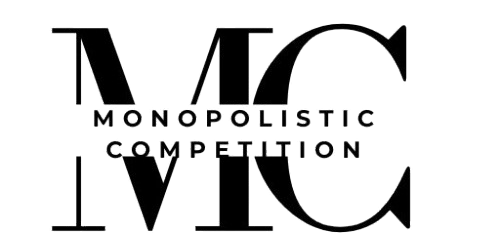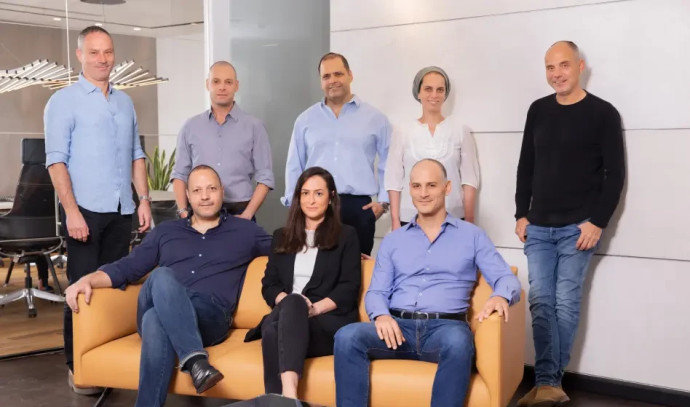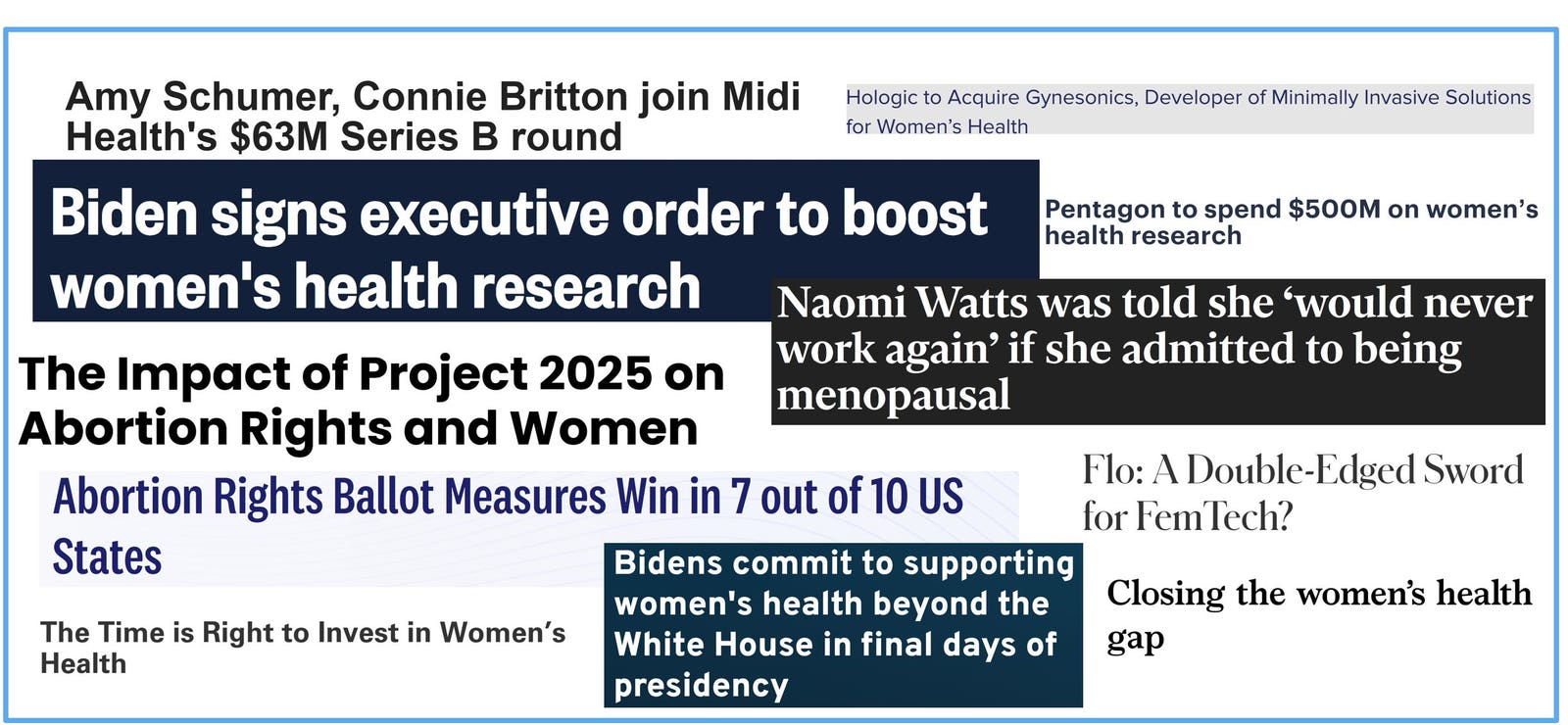Venture capital is changing. The days of growth at any cost and pushing founders for outsized exits are long gone. Are they coming back? Are we in an ever-repeating cycle? Maybe, but hopefully with reinforced learning.
Even though the public markets are tentatively beginning to re-open with Klarna’s recently announced IPO and private equity M&As beckoning, the last few years have been tough for founders and investors of all types.
That’s why there needs to be a step change in attitudes towards venture capital amongst investors, limited partners and also founders. Welcoming a new investor means choosing a critical partner for your business, one who can help you make tough decisions when things are going wrong, as well as champion you and build you up when needed. One who has gone through these business cycles, and not only has the mental scars to show but has converted the memory into empathy and humility.
I believe empathy and humility are two underrated characteristics founders should look for in investors. Here’s how to spot them.
Take time to understand market nuance
If the last 15 years of investing have been dominated by SaaS, then the next 15 will be about deep tech and solving real-world problems. But to make a difference in those real-world markets, an investor needs to have an empathetic, in-depth understanding of the market they’re investing in.
Take sectors like Architecture, Engineering and Construction (AEC). The standard SaaS playbook won’t work here and it is something I’ve experienced time and time again.
One example is when I was on the board of a company building tools for contractors, that was pushed by a generalist investor to focus on online marketing, as you would with a typical SaaS company. While this strategy has proved successful for others, it doesn’t work in construction where the best business is done face to face, either on-site or at association meetings with contractors instead of via LinkedIn ads that they likely won’t ever see. On the advice of a generalist investor, this company wasted thousands on a marketing strategy that failed and then had to start over again, pivoting to offline marketing.
Without empathy, an investor won’t grasp how a standard SaaS playbook doesn’t work, and that instead, they need a completely new one. This isn’t just applicable to construction: from building an edtech for the classroom to healthcare platforms for doctors, understanding and seeking out knowledge on the ground in an industry is critical to being a supportive and knowledgeable investor.
Making tough decisions
VC is known for its brash, broadcast nature. But if an investor can’t admit when they’ve made a mistake or taken accountability when something hasn’t gone to plan, then you can’t depend on them to make the tough decisions that are needed to steer a company through a difficult period. And investors need to have empathy for the challenge a founder is going through in that moment, to support them in making the right decisions for the company.
As investors, we expect founders to have self-awareness and a willingness to acknowledge when a mistake has been made so they can adapt. These are critical traits for success and it goes both ways – founders should also expect their investors to embrace discomfort in navigating challenging situations.
Remember the role of luck
This industry has a long feedback cycle – a decision an investor makes about a company in its first six months might not reach fruition until seven or seventeen years down the line. As investors, we don’t truly know the quality of our decision making and so much can happen along the way that is out of our control.
No early-stage VC investor can ever claim to have perfect foresight or decision-making. You can make the smartest decision with the information you have at the time and still get that decision wrong. And vice versa, in year three a company could look like a total loser but by year eight, it is the winner of the portfolio. VC is a rollercoaster and sometimes you can be completely in the dark. But staying humble and constantly training that empathy muscle makes for a better investor and partner to founders in the long run.
Thinking for the future
All funds need the once-in-a-lifetime decacorns but looking for the same companies all the time isn’t going to deliver that. Generational companies have their own ingredients and quirks that won’t be repeated – there won’t be another Airbnb for example. Yet if investors are only seeking out one type of company, this makes them narrow-sighted and a potentially bad partner to a founder.
We have a portfolio company based in the Nordics that was three years old and bootstrapped when we started talking to them. No other VCs were interested in them as they fell outside the ‘typical’ tech company. But under the surface, they were already doing $10 million in ARR, without bloat. They’ve grown since and are already having a significant impact in their target areas.
By seeking out investors who are empathetic and humble, founders can foster a collaborative and supportive partnership that navigates the ups and downs of building a successful venture, enabling them to become stronger than ever.












Leave a Reply